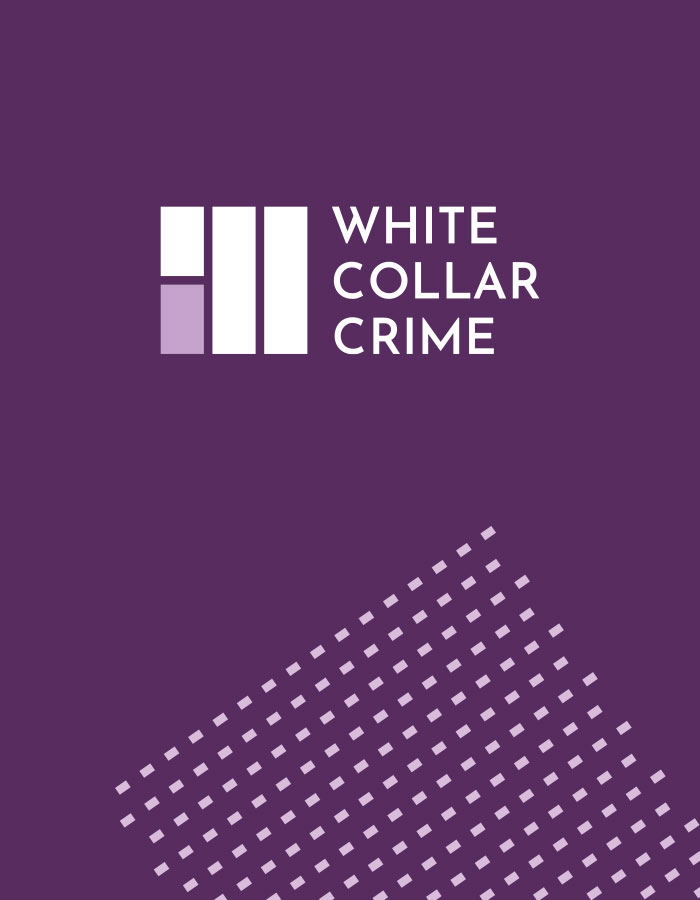The new summary account forfeiture provisions introduced by the Criminal Finances Act 2017 have yielded a significant dividend for the National Crime Agency (“NCA”) in the Javadov case which was settled a few weeks ago. The NCA had been granted account freezing orders in 2018 and 2019 on ten bank accounts held by Javadov and his wife Izzat Khanim Javadova which contained a total of £6.4 million. Shortly before the forfeiture hearing at Westminster Magistrates’ Court, forfeiture of £4 million held in four accounts in Suleyman Javadov’s name settled the NCA’s claim, and the freezing orders on the other accounts fell away. Suleyman Javadov has close links to the ruling elite in Azerbaijan where his father was deputy energy minister, and the NCA alleged that in transferring money he utilised an Azerbaijani money laundering scheme.
The NCA must be pleased with this outcome, especially as it was achieved without resort to the High Court and the institution of proceedings for civil recovery. Critically, by employing the Magistrates’ Court process rather than engaging the attention of a High Court judge, the NCA’s potential exposure to an order for legal costs is significantly reduced. Where civil proceedings in the High Court fail, typically the loser will be required to pay the winner’s legal costs, and these can be substantial. In the Magistrates Court, the position is quite different. Here, if the NCA were to fail in its claim, an order for costs is unlikely to be made against it in the absence of unreasonableness or manifest incompetence. As Mr Justice Stanley Burnton explained in Ex parte Perinpanathan [2010] EWCA Civ 40, “where regulatory or disciplinary bodies, or the police, carrying out regulatory functions, have acted reasonably in opposing the grant of relief, or in pursuing a claim, it seems appropriate that there should not be a presumption that they should pay the other party’s costs” (judgment, paragraph 76). Also, by proceeding in the Magistrates’ Court, the NCA has been spared the uncertainty of High Court proceedings which tend to be heavily contested, racking up significant prospects and an appeal to the Court of Appeal.
The other aspect of the case with which the NCA is likely to be pleased is that it appears to have established that the offence of money laundering can be regarded as a predicate criminal offence for the purpose of the account forfeiture provisions. As with cash seizure and civil recovery proceedings, an account forfeiture order can be made only where the court is satisfied that the property is “recoverable property, is intended by any person for use in unlawful conduct” (Proceeds of Crime Act 2002 (“POCA”), section 303Z3(2)). Recoverable property is defined as “property obtained through unlawful conduct” (section 301, POCA). For the purposes of this definition, it is not necessary for the NCA “to show that the conduct was of a particular kind if it is shown that the property was obtained through conduct of one of a number of kinds, each of which would have been unlawful conduct” (section 242(2) POCA). This means that the NCA must identify the type or category of criminal offence which has produced the property, but if there are a multiplicity of underlying criminal offences and it is not possible to attribute the property to any one kind, this will not be a problem (Assets Recovery Agency v Szepietowski [2007] EWCA Civ 766). One further legal definition needs to be added into the equation. This is the definition of money laundering, and it is to be found in Part 7 of POCA which sets out the money laundering offences, The offence of money laundering is principally defined as “an act which … constitutes an offence under section 327, 328 or 329” of POCA. Broadly speaking, these three offences capture the handling of property which represents the benefit of criminal conduct (sections 327, 328, 329, 340(2), 340(3) POCA). But unlike the position where the NCA has to establish the existence of recoverable property, which will entail proof of the kind of unlawful conduct involved, where the offence of money laundering is alleged the NCA is not required to prove the kind of predicate crime which gave rise to the property. As Lord Justice Gage explained in R v Craig [2007] EWCA Crim 2913 (at paragraph 29) and endorsed in R v Anwoir [2008] EWCA Crim 1354,”[w]hilst the prosecution must prove that the property is “criminal property” within the meaning of the statutory definition, there is nothing in the wording of the section which imports any further requirement that the property emanated from a particular crime or any specific type of criminal conduct.” In the Javadov case, the money laundering allegation was tied to the way in which the money was transferred rather than anything to do with the underlying source of the money. In this way, the NCA was able to sidestep the need to investigate provenance at all. The outcome suggests that in certain circumstances the method of transferring is sufficient to support a money laundering allegation. As the NCA’s media release states, “[i]f money transfers though a ‘laundromat’ system, we can go after it”.
It is against this background that the question arises as to whether the offence of money laundering can be said to constitute property obtained through conduct of a particular kind when by its very nature money laundering is a secondary offence and does not require proof of the kind of criminal activity which produced the laundered money. Money laundering is definitionally a parasitic offence, in the sense that it does not produce criminal property. Rather, criminal property is already produced by the commission of a predicate offence. Money laundering is the handling of the proceeds. Since a money laundering offence can be committed in circumstances where the kind of offending is not known, for the purposes of making an account forfeiture order, it is difficult to see how, if the NCA allege money laundering, it can be shown that money laundering is an offence for this purpose. In the event, it seems that this concern did not impede the NCA in obtaining a settlement of its application for account forfeiture. Whether settlements should be encouraged in the exercise of civil proceedings for account forfeiture is open for discussion, especially where horse-trading over the recovery of criminally obtained property is concerned, it means that there is little transparency in so far as the public is concerned.
Whether it was ever really intended that a Magistrates Court, where much of the judiciary consists of lay magistrates, should have jurisdiction over the forfeiture of property valued at millions of pounds may be doubted, especially where complex issues of law and third-party interests can arise. The minimum amount to be forfeited for the purposes of enabling jurisdiction is £1,000 (section 303Z8(1), POCA), which perhaps gives a clue to the size of case which Parliament had been envisaging. But either way, the NCA has made the account forfeiture provisions work, and many more applications can be expected.
…
Jonathan Fisher QC is Lead Counsel at Bright Line Law







